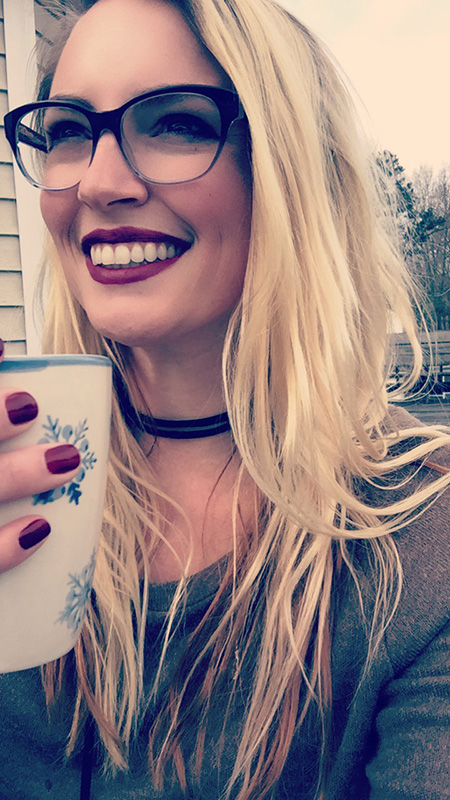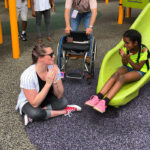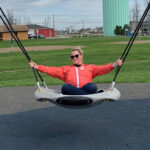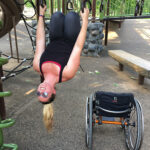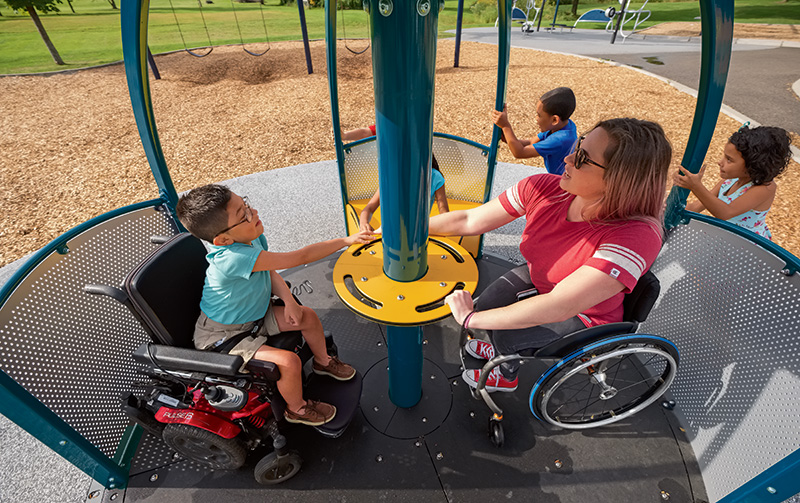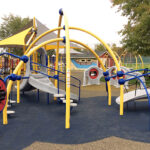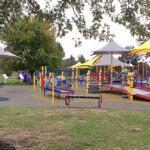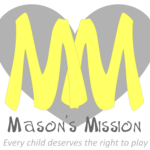We’re excited to have Jill Moore, inclusive play specialist at Landscape Structures, as our guest blogger today. She’s here to help wrap up Disability Pride Month by discussing the varying language preferences across the disability community.
The language of disability is changing, and the impact of this is so much deeper than it appears. In six years in inclusive play, I’ve carved out a niche in disability advocacy and true inclusion. I’ve grown up with my disability. It’s always been a part of my identity. It defined me and my pursuits, but discussions about it weren’t always positive. I grew up when the Medical Model of disability was mostly used, and people referred to me as someone that needed to be “fixed.” At that time, it was the individual with the disability that was the problem, not the environment or the society we live in. Recently, the disability community has shifted away from this mindset, actively reframing our language to show disability pride.
Avoiding disability to comfort others
I remember the first time I told someone I was disabled, or rather, when someone first told me it wasn’t okay. Around kindergarten age, another student asked me why I was using crutches. I cheerfully explained that I was disabled and used crutches to move around and play with my friends. His mother quickly became flustered and told me, “You shouldn’t call yourself that! You’re not disabled, you’re handi-capable!” My kid-brain didn’t know what to make of this proclamation, but afterwards, I stopped calling myself disabled. I was told being disabled was bad and I needed to be more able. That impacted how I viewed myself into my late 20s. I avoided ‘disabled’ to comfort others, not for myself.



I had never viewed my disability as a bad thing. It is a part of who I am, so why should that be something to shy away from? I remember when I got my first wheelchair. It was so exciting! Finally, I had a tool that would allow me to go faster, keep pace with my friends and not tire so quickly. But so many people in my life—adults and friends—would say things like, “Your wheelchair isn’t permanent is it?” or “You’re still going to try to walk, aren’t you?” As if I needed to find a way to explain away my wheelchair and the needs that came with my disability.
I’d hear the words “adapt and overcome” all the time, and that was how I learned to feel about my disability. I should adapt to the world around me instead of making the world inclusive. Society taught me to hide my disability, comfort others about it, and overcome rather than celebrate it.
This view had even seeped into the media. We didn’t isolate the Medical Model of disability to a few conversations; it was all around us. In ‘Avatar’, the wheelchair-using protagonist sought to erase his disability, influencing our views.
Learning acceptance through inclusive play
Entering the world of inclusive play introduced me to the Social Model of disability. In this space, someone first told me that my abilities weren’t the problem, but the designed environment should accommodate me. Exploring the social model of disability, I realized my abilities and needs weren’t the problem. I began to find myself frustrated with person-first language (i.e. person with a disability). Wasn’t this essentially saying that the disability facet of our identity had to come second? If I had to use language to separate myself from my disability trait, then that trait suggests a negative. It was within the learning space of inclusion that I discovered identity-first language (i.e. disabled person).
I’m proud to say we are pushing to take our words back, and be confident in our disability pride. Within the disability community, you might hear us using identity-first language. We prioritize our identity label as it’s a key part of who we are. You may hear the word “disabled person,” and that’s okay. Some may identify as Blind or Deaf, and neither is negative. You may see media campaigns surrounding the changing language. You may even still hear disabled individuals using person-first language. All of that is okay, too.
The point is that it’s our choice. Able-bodied individuals no longer own the conversation space about what we should be called. It’s nothing about us, without us. The social model means that we don’t have to be fixed or changed. We don’t need to change to fit a preset mold of disability; we aren’t the problem. Differing abilities are all of us. And we get to be proud of that.




